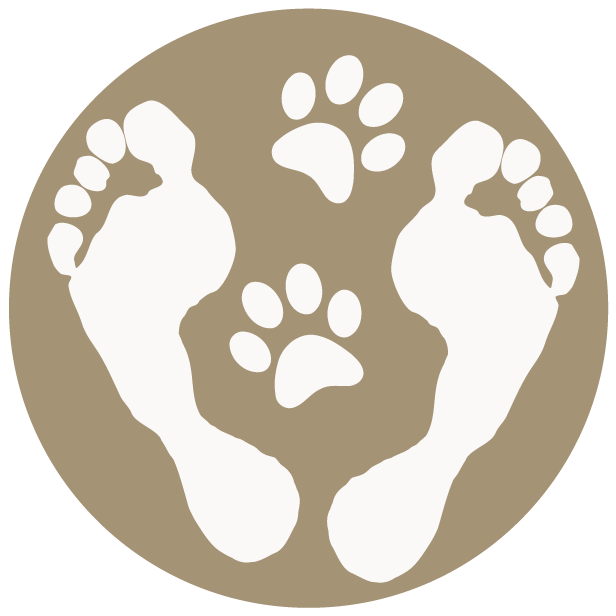The Great Unspoken To
Watch Video Here: https://www.youtube.com/watch?v=RQ1OkYUHye0
Trauma is "the great unspoken to." The "great discomfort." It's the part that lives inside of us we don't want to acknowledge, face, or risk others seeing. It's what we numb, stuff down, avoid, suppress, mask, deny, and resist. It's also the conversation we need to have... especially with our children navigating this world we're now living in.
The posts I'm making about these topics have been some of the most un-responded to in the history of PackFit. It's also one of the most resisted topics when it comes to addressing the ingredients feeding our dogs' behavior/s- which doesn't surprise me at all. There's a great deal of shame, fear, guilt, and general discomfort involved when it comes to this.
Remember, trauma isn't the event that took place; it's *how we interpreted and internalized* the event that took place. The impact it had, the tolls taken, and the disruptions created within.
Trauma dysregulates our "main operating systems", skews our perceptions, rewires our nervous systems, restructures our beliefs, and repatterns our thoughts- about ourselves, others, "life", and the world around us.
As two social species' of animal, human beings and canines are hardwired for connection; finding safety, security, and comfort in numbers. In groups and community. What family is to us, a pack is to them.
Trauma, however, rewires us for disconnection. We no longer find safety, security, and comfort with others or in the world around us. We withdraw, possibly isolate. Our lives get smaller. We shrink in our spaces, afraid to draw attention and be seen. Our voices become quieter; or, in some cases, louder in an effort to demand being heard, seen, understood- perhaps even discharge and project the pain and discomfort within us. Trauma will affect different people and different dogs in different ways, and is so very important for us to be aware of.
Sadly, most dogs don't get the appropriate amount of time to properly heal from trauma. This could be due to several reasons: expense, inconvenience, and our own trauma that gave rise to expectations, impatience, "control issues", exaggerated levels of intolerance, and "everything needing to be perfect"... including the dog.
Time and safety- in relationships and environment- is needed in order to heal and rebuild from trauma. The great majority of dogs who end up in shelters and rescues are not "bad" dogs. Outside of genetic wiring, they were simply failed by the humans responsible for raising them and supposed to commit to meeting their needs. We are a major ingredient in the development of their trauma, and are a major ingredient in their healing of trauma. Our own healing, growth, and personal development is so important for their healing, growth, and development.
Since the completion of the book proposal for "The Human End of the Leash", I've been working on the full manuscript; and I sincerely can't wait to birth it out in the world.
These topics are so very important- not only for dogs and the humans caring for them, but also for those in positions of guidance. Professionals in the industry. The trainers, rescue personnel, shelter workers, business owners, and so on.
When we work on healing ourselves, this ripples out into all other relationships we have.... including the one we have with our dogs.

